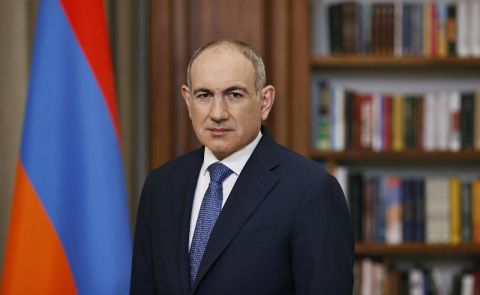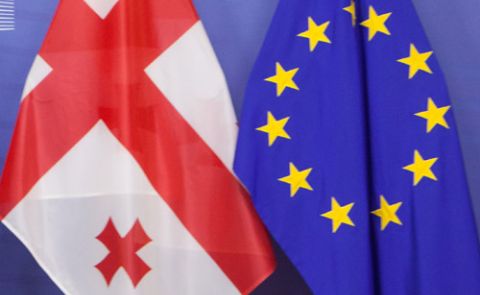
New economic measures and ban to meeting with Georgians in separatist Abkhazia

New economic measures amid economic concerns
The seized region's patron and primary import partner, Russia, has been struck hard by international sanctions over the invasion of Ukraine, prompting de-facto Abkhaz authorities to announce a series of steps in response to mounting economic worries. The separatist Abkhaz cabinet, in particular, developed a list of fundamental food items and fixed the maximum amount of trade mark-ups to avoid future price hikes.
Sunflower oil, butter, milk, eggs, sugar, salt, black tea, ground rice, buckwheat, corn flour and corn grits, beans, vermicelli, and baby food are among the foods on the list. Additionally, import duties for commodities that are not manufactured in separatist Abkhazia are waived until July 1.
This includes eggs, tea, corn, rice, buckwheat, millet, and canary seed, as well as other grains, sugar, sulphates, fertilisers, plant growth regulators, disinfectants, a variety of medications and pharmaceuticals, cotton, and more.
All initiatives including meetings between Georgians and Abkhazians will be banned in separatist Abkhazia
Meetings between Abkhazian and Georgian representatives on neutral territory, even those organised by international organisations, would be prohibited, according to de-facto Abkhazian Foreign Minister Inal Ardzinba, since they are 'in the interest of Georgia.'
Ardzinba made the comment during a meeting with Abkhazian government officials and representatives from international organisations such as the Red Cross, the United Nations Agriculture Organization, and World Vision, among others.
The Foreign Minister stated, "the tight international agenda causes us to work more carefully examining the objectives of our partners, even if their efforts are entirely connected to a humanitarian mission."
He said that projects including combined participation by Georgians and Abkhazians were part of Georgia's 'engagement without recognition' policy, which focuses on Abkhazian youth through collaborative cultural, sports, and educational activities.
The restriction is 'essential,' according to Ardzinba, to prevent Georgia from gaining control over Abkhazia. He said, “the Georgian flag will never fly here.”
See Also

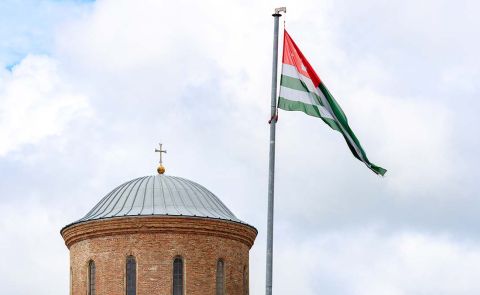
Moscow’s Plan in Separatist Abkhazia Focuses on Naval Logistics, Not Base Establishment
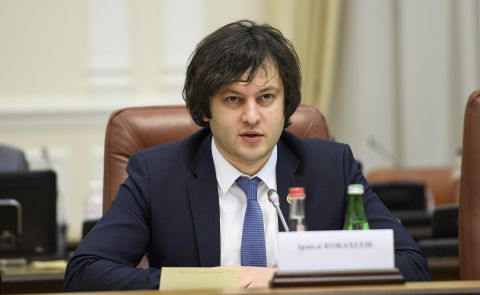
Kobakhidze Announces Full Enforcement of Georgia’s Foreign Agents Law
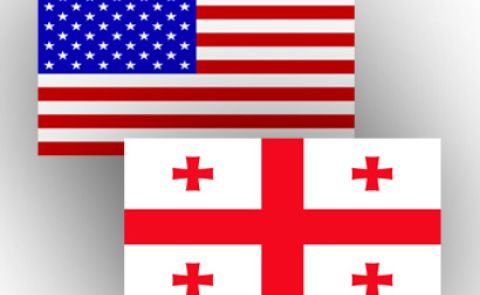
Kobakhidze Meets US Senator Daines to Discuss Bilateral Relations
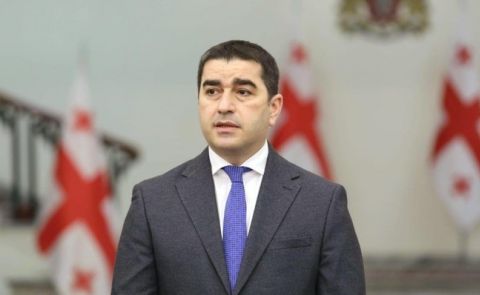
Georgian Speaker Condemns Embassy Travel Warnings as Economic Attack
